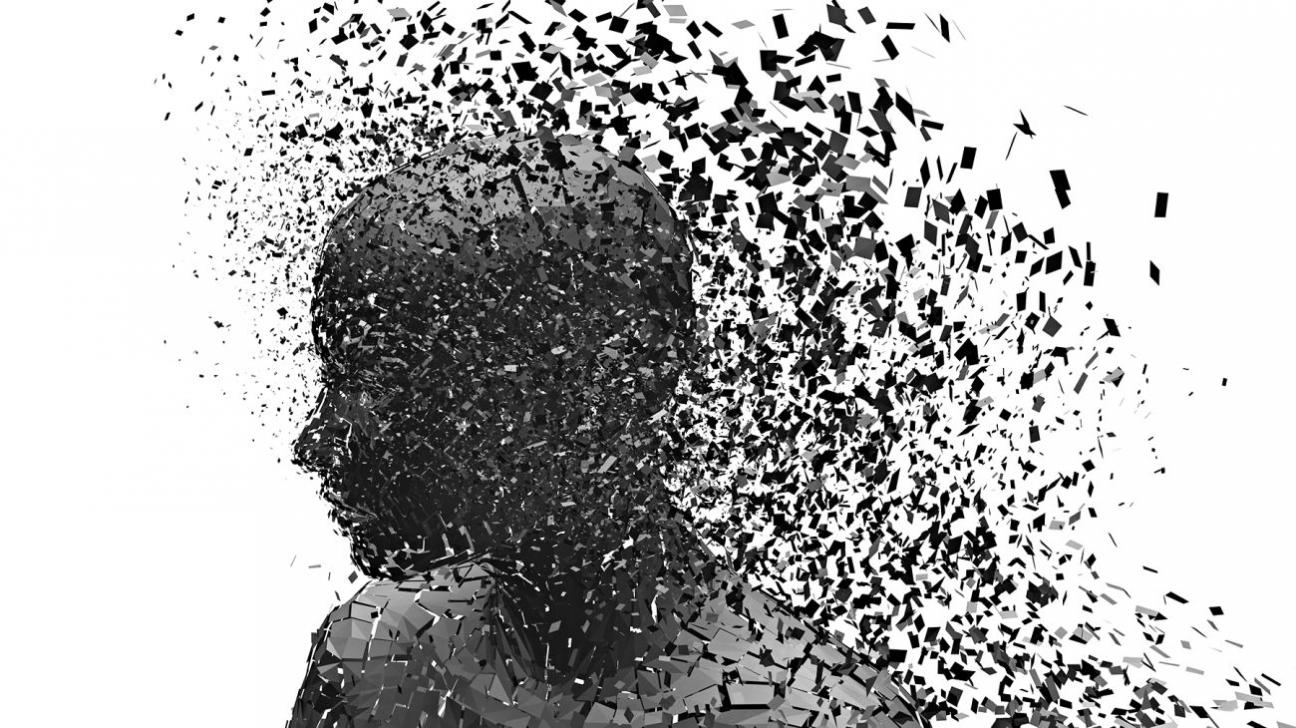Eating darkish chocolate can also undoubtedly affect temper and relieve depressive signs and symptoms, new research shows. Using records from the United States National Health and Nutrition Examination Survey (NHANES), investigators at University College London in the United Kingdom found that folks that said consuming any darkish chocolate in 24-hour durations had 70% lower. However, at least one expert said that at this factor, the findings, even though fascinating, are no extra than food for thought and should now not exchange dietary habits.
Odds of reporting clinically relevant depressive signs and symptoms compared to their opposite numbers who reported no chocolate consumption. This has a look presents some proof that intake of chocolate, especially darkish chocolate, can be associated with reduced odds of clinically applicable depressive symptoms,” lead creator Sarah E. Jackson, Ph.D., said in a release. They have a look at; she brought the primary to observe the affiliation among depression and the kind of chocolate consumed.

The observation was posted online on July 29 in Depression and Anxiety.
Mood Enhancer
Chocolate has been extensively stated to have temper-improving properties. Several mechanisms for a courting among chocolate and mood had been proposed. Chocolate includes some psychoactive components, such as analogs of anandamide, which produce outcomes like cannabinoid, an agent that reasons emotions of euphoria from eating hashish. In addition, chocolate contains numerous endogenous biogenic amines, in addition to phenylethylamine, a neuromodulator this is believed to be critical for regulating mood, the investigators notice. To learn greater, the researchers analyzed NHANES survey statistics from 2007 to 2008 and from 2013 to 2014.
The overall records set blanketed 13,626 adults. Daily chocolate consumption turned into determined from 24-hour dietary remembers. Depressive signs and symptoms have been assessed by the usage of the Patient Health Questionnaire–9. Among the contributors, 7.6% who ate up no chocolate had depressive symptoms, compared to just 1.5% of people who ate darkish chocolate. The rate of depressive signs and symptoms in individuals who ate chocolate aside from darkish chocolate became 6.2%.
After adjusting for a couple of factors, members who reported any dark chocolate intake had a 70% decrease probability of reporting clinically applicable depressive signs and symptoms compared to folks who did not eat any chocolate (odds ratio [OR], zero.30; ninety five% confidence interval [CI], 0.21 – zero.72). However, the researchers found no giant hyperlink between any non–darkish chocolate intake and clinically applicable depressive symptoms.
In fashions that covered the amount of chocolate consumed, contributors who had been in the highest quartile of chocolate consumption (104 to 454 g/day) had fifty-seven% lower odds of depressive signs than folks who stated no chocolate intake (OR, zero.43; 95% CI, zero.19 – 0.96), after adjusting for the kind of chocolate fed on. These associations had been obtrusive after adjustment for age, marital repute, stage of education, annual household profits, weight repute, continual conditions, enjoyment-time bodily interest, smoking status, alcohol consumption, total power consumption, and total sugar consumption.
 Fit Netion My WordPress Blog
Fit Netion My WordPress Blog



